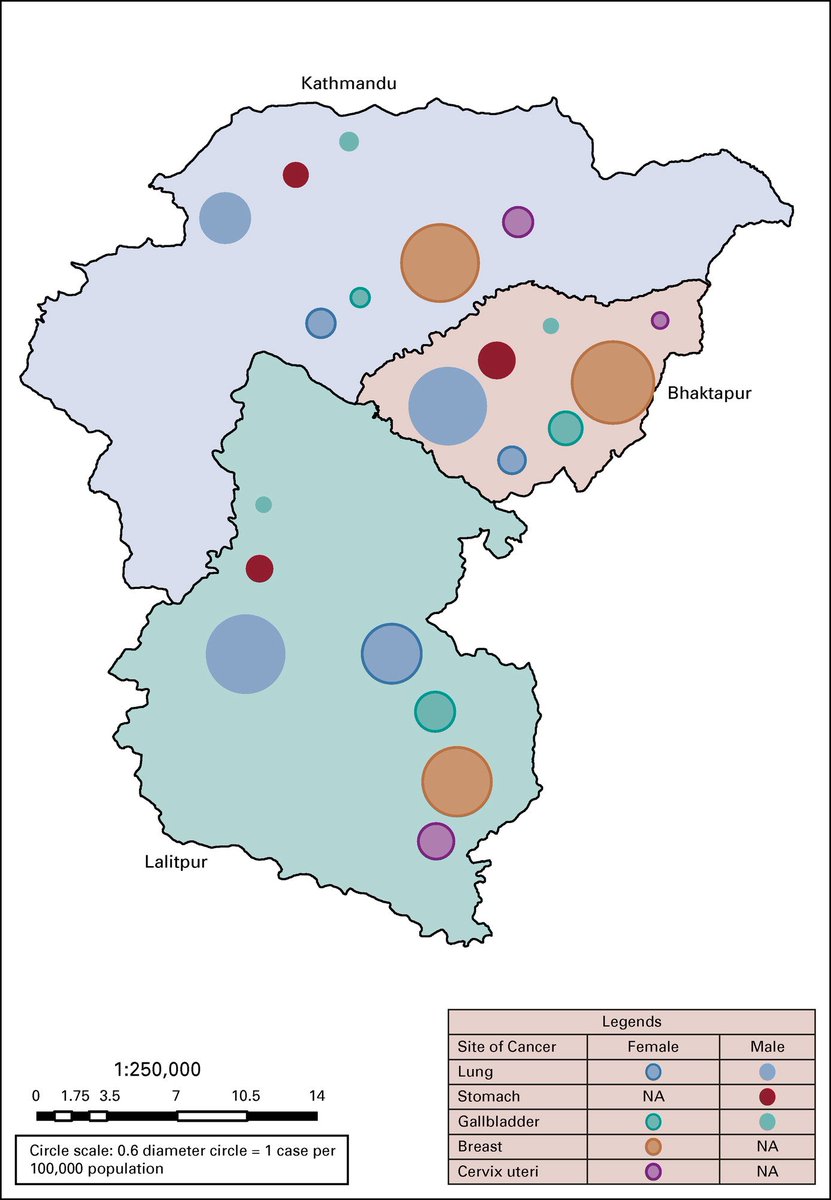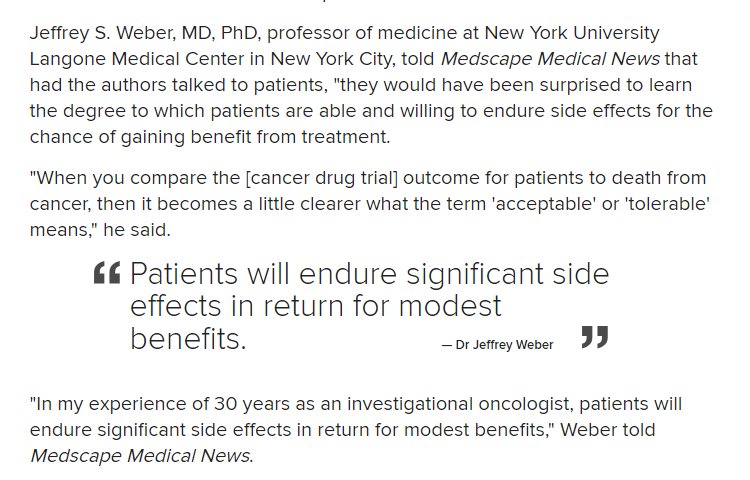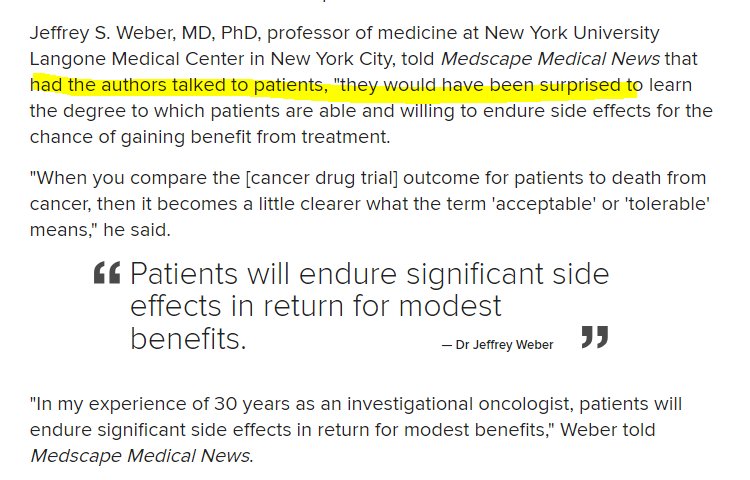
I’m officially starting my faculty career in academic oncology as an Associate Professor @queensoncology @QueensUHealth from June 1st, 2021. I’m super excited about it, and very thankful to everyone who has had a role in making this happen. This is a twitter thread of gratitude.
First of all, I’m extremely thankful to my mentor Chris Booth. Honestly, Chris is the reason I moved to Queen’s. He has not only supported me in my career but has also been a great friend and advisor. I feel lucky to be working with him.
My immense gratitude to my mentor and department head @scottrberry. Scott has been incredibly supportive and helpful, and left no stones unturned to make this happen. He was never busy to not have time to listen to me. He’s a boss you’d want to work hard for.
I’m also incredibly lucky to have been hired at a time when our Dean is @janephilpott - a champion of global health and equity, and an inspiration icon to us all @QueensUHealth. Thank you for your trust in me and support of global oncology work.
Also very thankful to Dr Bradley Stoner, the Department Head @QueensuPHS for the support, cross-appointment and for allowing me to teach a super cool course (details to follow in the future).
Thankful to all my past mentors in Nepal, Japan and USA for their guidance and mentorship, and to my current colleagues and mentors for helping me personally and professionally settle in Queen’s/Kingston.
Specially grateful to @EAEisenhauer who is my role model in oncology and in personal life. One day, if some mentee feels about me the way I feel about her, that’d be my definition of success. She is also the first person to send me these flowers. 😊 Thank you for everything. 

Finally, I’m extremely grateful to @oicr_news for the support of my work. This has meant a lot, and I feel so much more motivated to continue to do the cancer policy work that benefits patients in Ontario, Canada and globally.
Thank you all my patients who have been the best teachers. Thank you family for bearing with my abnormal work pattern and absence from home. Thank you collaborators, I have learned so much working with you all. Thank you friends -including tweeps-for always being there for me.
• • •
Missing some Tweet in this thread? You can try to
force a refresh









